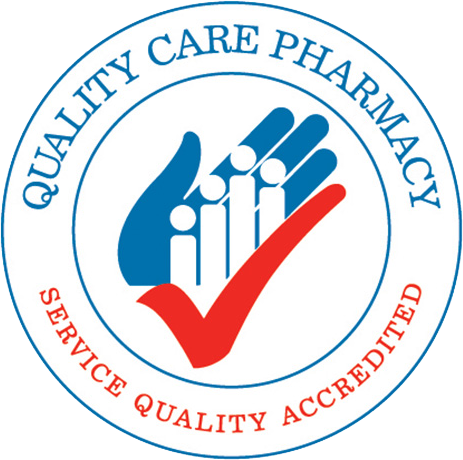Gallstones
Gallstones are hard, round lumps of solid material usually composed of either cholesterol or bile.
What to look for
-
severe pain
-
fever.
-
severe nausea and vomiting.
Gallstones develop in the gall bladder (a small, organ that stores bile which a digestive juice produced by the liver. The stones may be as small as a pinhead or as large as a golf ball… They may be different consistencies and hardness. You may have several gallstones or just one.
People often have gallstones and do not realise it as there may be no obvious symptoms. When symptoms do occur, it’s usually because the gallstone has moved and become lodged in the bile duct which is at the side of the gall bladder. Now the symptoms may begin especially after eating a large meal.
Causes
The responsibility of the gall bladder is to store bile, a brown or greenish fluid that helps the body break down fatty food. The bile is produced in the liver and drains from the liver to the bile duct.
When you eat a meal, the gall bladder releases its stored bile into the cystic duct. From there the fluid passes through the common bile duct and into the small intestine.
Bile consists of bile acids and cholesterol. Normally, the concentration of bile acids is high enough to break down the cholesterol in the mixture and keep it in liquid form. However, when we eat too much fat, the liver will produce extra cholesterol – too much for the bile acids to break down. As a result, some of this excess cholesterol begins to solidify into crystals, which we call gallstones.
Gallstones can develop in people who are on low fat diets as well. As the gall bladder hardly gets used, the cholesterol has more time to solidify. Other factors can cause gallstones to form by reducing the activity of the gall bladder and these include; cirrhosis, the use of oral contraceptives, and pregnancy.
Traditional Treatment
In a lot of cases people do not realise they have gallstones and therefore no treatment is necessary however it may be advisable to start procedures to alter your lifestyle a little to prevent them from ever becoming a problem. Often when the pain from gallstones becomes unbearable, doctors will recommend the removal of the gall bladder.
Some alternative treatments have also been found to be effective in alleviating the symptoms of troublesome gallstones.
Sometimes a person will have a once only attack and the stone dislodges itself and never returns. Doctors in this case will wait to see if you have any further problems.
If you have further trouble with your Gall stones, your Doctor may recommend one of several techniques.
-
Some gallstones can be dissolved through the use of a bile salt
-
A method called contact dissolution can also be used to dissolve gallstones.
-
Surgical Removal of the Gall bladder. The operation is done by ‘keyhole’ surgery and usually involved one night in hospital. It is very effective and safe.
Always limit the fat you eat after having this operation.
Alternative/Natural Treatment
These options may eliminate some of the gallstone symptoms.
Chinese Herbs – Very small gallstones may be dissolved through the ingestion of Chinese herbs such as pyrrosia leaf (Pyrrosia lingua) and rhubarb (Rheum palmatum). Very small gallstones may be dissolved through the ingestion of Chinese herbs such as pyrrosia leaf (Pyrrosia lingua) and rhubarb (Rheum palmatum).
Homoeopathy – A number of Homoeopathic remedies can be used to treat gallstone-related symptoms – Dioscorea, Colocynthis, or Belladonna, Berberis vulgaris, Hydrastis, or Chelidonium majus. You should consult a professional Homoeopath for exact medicine and dosages. (Go to Homoeopath page) A number of Homoeopathic remedies can be used to treat gallstone-related symptoms – Dioscorea, Colocynthis, or Belladonna, Berberis vulgaris, Hydrastis, or Chelidonium majus. You should consult a professional Homoeopath for exact medicine and dosages. (Go to Homoeopath page)
Bach Flower Remedies – The flower essence most recommended for this complaint is willow. The flower essence most recommended for this complaint is willow.
Dietary Considerations
Depending on the severity of your condition, an improved diet may help relieve gallstone symptoms.
Eat high fibre, low-fat foods and lots of raw fruits and vegetables, whole grain cereals and bran. Add fresh lemon or lemon juice to your meals. Obese people are more prone to getting this condition than people closer to their normal weight.
Prevention
A high-fibre, low-fat diet helps keep bile cholesterol from hardening. However, don’t cut out fats abruptly or eliminate them altogether, as too little fat can also result in gallstone formation.
Moderate consumption of olive oil (about 2 tbsp a day) may actually lower your chances of developing gallstones.
When to seek further professional advice
-
you have any of the above symptoms










